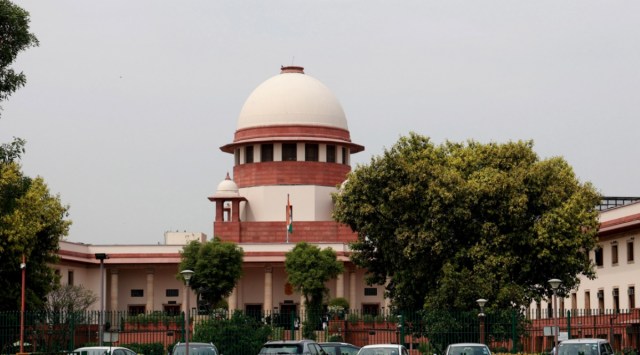The Delhi Special Police Establishment (DSPE) Act, 1946 had a provision that required central government approval for the CBI to prosecute officers of the rank of Joint Secretary and above. However, the Supreme Court ruled that this provision, which was inserted in the Act in 2003, will be nullified from September 11, 2003. The Supreme Court’s decision has retrospective effect, based on its 2014 judgment in the Subramanian Swamy vs Union of India case.
The bench, presided by Justice S K Kaul and comprising of other Justices, deliberated on whether a declaration of a law as unconstitutional by a constitutional court would have retrospective or prospective effect. The bench concluded that once a law is declared unconstitutional, it would be void ab initio, unenforceable, and non est. This means that the declaration made in the Subramanian Swamy case will have retrospective operation, nullifying Section 6A of the DSPE Act from the date of its insertion in 2003.
The court cited Article 13(2) of the Constitution, which states that any law made in contravention of the rights conferred by the Constitution shall be void. The ruling also referred to its 2014 judgment, which found that Section 6A(1) of the DSPE Act was invalid and violated Article 14 of the Constitution.
The bench clarified that Section 6A of the DSPE Act was a procedural protection for senior government servants and did not introduce new offences or enhance punishment. It was also determined that this section would not attract Article 20(1) of the Constitution.
The court’s decision was part of an appeal filed by the CBI in a case involving the arrest of a Chief District Medical Officer for alleged bribery. The matter was initially heard by a two-judge bench and later referred to the five-judge Constitution bench.
The ruling also discussed the history of safeguards for government servants from prosecution, including the Single Directive issued by the central government in 1969. The Single Directive was later held invalid by the Supreme Court. Similar requirements of sanction were introduced and invalidated in subsequent years before Section 17A of the Prevention of Corruption Act, 1988 was inserted in 2018.
The Supreme Court’s decision has potential implications for cases where government sanction for investigation was denied between 2003 and 2014. However, the full extent of the judgment’s impact remains to be seen.




+ There are no comments
Add yours